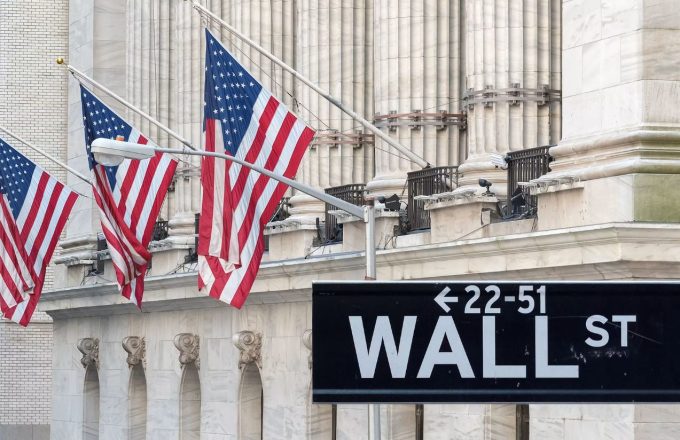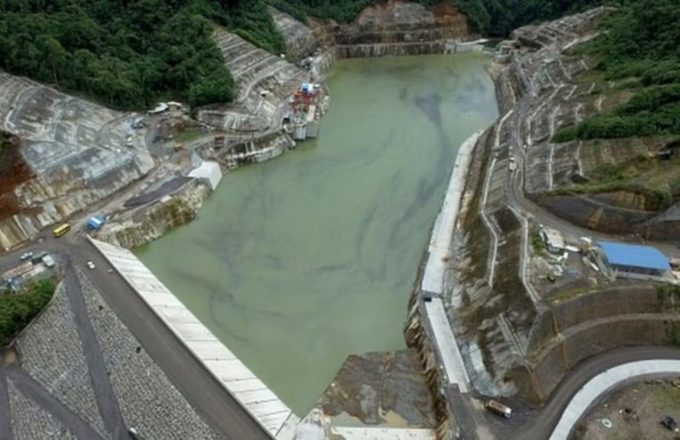U.S. President Donald Trump issued a fresh trade threat Sunday night, announcing a 10% additional tariff on any country that aligns with the “anti-American” policies of the BRICS bloc. The warning, posted on his Truth Social platform, came just hours after the group wrapped up the first day of its summit in Rio de Janeiro.
In a joint statement, the BRICS nations — which together represent 40% of global GDP — criticized the rise of protectionist trade practices, indirectly referring to Trump’s tariff war without naming him, likely to avoid retaliation.
“The proliferation of trade-restrictive measures, whether through indiscriminate tariff hikes or protectionism disguised as environmental goals, risks further reducing global trade, disrupting supply chains, exacerbating existing economic disparities, and harming global development prospects,” the statement read.
Founded in 2009 by Brazil, Russia, India, China, and South Africa, the BRICS bloc expanded in 2023 to include Saudi Arabia, Egypt, Ethiopia, the United Arab Emirates, Indonesia, and Iran. During the summit, the leaders also expressed support for Ethiopia and Iran to join the World Trade Organization (WTO) — an institution Trump has repeatedly undermined. In a twist of irony, China, a WTO member since 2001, and the BRICS bloc have emerged as its staunchest defenders.
China’s Foreign Ministry responded cautiously to Trump’s threat. “Tariffs help no one,” said a spokesperson during a routine press briefing. Meanwhile, the Kremlin stressed that BRICS cooperation is not targeted against any third party. “BRICS has never and will never aim its collaboration against other countries,” said Russian spokesperson Dmitry Peskov, according to Reuters. He added that the bloc’s goal is to “share a common vision of global cooperation based on its own interests.”
Brazilian President Luiz Inácio Lula da Silva, who is hosting the summit, sidestepped Trump’s comments in his first speech of the day, focusing instead on BRICS efforts to combat climate change and boost healthcare cooperation. Lula is expected to speak to the press at the summit’s close.
Though Trump did not name specific countries, he made clear there would be “no exceptions” to the proposed 10% tariff. His warning could also extend to BRICS’ associated partners, which include Belarus, Bolivia, Cuba, Kazakhstan, Malaysia, Nigeria, Thailand, Uganda, and Uzbekistan.
July 9 marks the deadline Trump set to finalize new trade agreements or launch a sweeping protectionist agenda. If no deals are reached, the new tariffs could take effect on August 1 — a move that may shake the global economy.
A key demand uniting the BRICS bloc is a deep reform of multilateral institutions, aiming to give more voice and influence to countries from the Global South — historically underrepresented — in global governance systems that still reflect the post-World War II order.
“If international governance fails to reflect the new multipolar reality of the 21st century, then it’s up to BRICS to help bring it up to date,” Lula said.
In his opening remarks, Lula also drew a parallel with the Non-Aligned Movement — a Cold War-era coalition of developing countries that chose not to side with either the U.S. or the Soviet Union. “BRICS is the heir to the Non-Aligned Movement,” he stated. “With multilateralism under attack, our autonomy is once again at stake.”
Meanwhile, the New Development Bank — the financial arm of BRICS — held its annual meeting in Rio and agreed to promote the use of local currencies in trade and lending, though stopped short of launching a shared currency. Months ago, before taking office for a second term, Trump had already threatened the bloc with 100% tariffs if it attempted to replace the U.S. dollar with a new currency.
Brazil’s Finance Minister, Fernando Haddad, told El País that “the goal isn’t to replace the dollar,” but to reduce costs in trade and mutual lending. “That will depend on how the U.S. economy evolves,” he said.
The summit lost some of its weight due to the absence of Chinese President Xi Jinping. Russian President Vladimir Putin addressed the gathering remotely from Moscow, avoiding travel due to the international arrest warrant against him for war crimes in Ukraine.
As the host of both the BRICS summit and the upcoming UN climate conference in November, Brazil is using this platform to highlight the commitment of developing nations to climate action — a stark contrast to Trump’s rollback of U.S. environmental initiatives during his term.




















